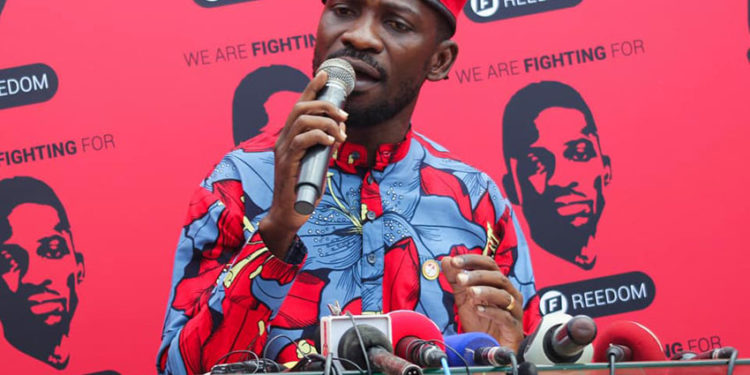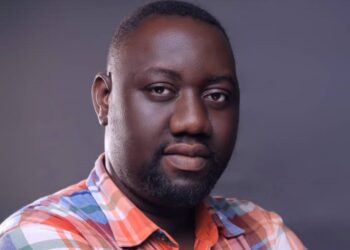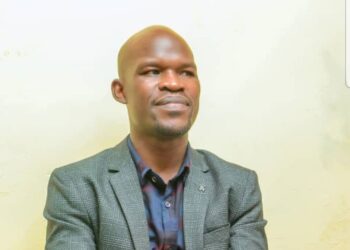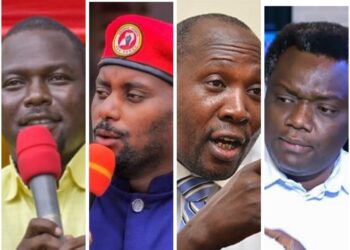Uganda’s so-called elite class are a mysterious and notoriously elusive cluster, as difficult to grasp as an eel; one minute you think you have them, the next minute they’ve slipped out of your fingers.
Of course the word ‘elite’ is used very loosely to include someone like myself who left employment a couple of years ago to start a small business which, thankfully, enjoyed good growth and pays the rent.
In our Banana Republic, anyone with a university education, a decent salaried corporate job or any other income that affords them basic purchasing power and a platform to dream is classified as elite. In more financially enlightened societies, many of us would fall firmly in the bracket of hustlers, but in our land of the blind, as it were, the one-eyed man is prince.
On the other side of the divide is the ‘Muntuwawansi”, a more distinct demographic that is traditionally susceptible to what Joseph Kabuleta, in one of his rants, called the herd-effect. They embrace or reject ideas or persons as a group rather than as individuals and they are fiercely loyal.
Elitism in Uganda is not so much a factor of income as of taste, and that’s where the principle problem is. Tastes change every so often, making the elite a very capricious group that cannot be figured out or even depended upon.
Yet in spite of their aloofness and unpredictability, the elite class has the power to make or break. When they embraced local music 20 years ago Ugandan artistes instantly upgraded from low-caste hustlers to celebrities. At about the same time, they turned their backs on local football and our footballers became hustlers. There is no doubt that they set the trends and the lower groups follow.
But when it comes to politics, the order is reversed.
The elite surrendered their leadership role and are subservient to the Muntuwawansi. When the likes of journalist/pastor Kabuleta or General Tumukunde come around fronting grand ideas of future economic bliss, we shrug our shoulders and tell them to first go and convince the masses before we embrace them; the implication being that whatever is good for Owino and Kisekka markets should be good for the rest of the country.
But what if the masses are looking up to the elite for guidance?
Why have we taken the cowardly option of sitting back and simply hoping for the best?
Can we afford to abdicate our leadership role and we don’t regret it at some stage?
Is there any country like Uganda where leadership is left to the lower caste? In Kenya politicians like maverick former Senator and now Nairobi Governor Mike (Mbuvi) Sonko are an exception to the rule. In Uganda they have become the rule.
The truth is that the exit of Dr. Kizza Besigye from the 2021 race leaves a gaping hole. The doctor once called our elite class “useless”. He repeated it for emphasis. I was appalled. How could a politician denigrate an influential segment of society on television and hope to get away with it?
But he had a point. So many of my pub colleagues, all of them SUV-driving corporates, confess that they have never voted – for whatever reason – and some even derive some pride from it, as if elections were a frivolous exercise beneath them, an exclusive preserve of the unschooled masses.
I am guilty in that area too. I last voted in 2001 – for Museveni – fully believing that it was his swansong. When he trashed the constitution five years later, the whole process became a farce to me. Consequently, polling day was just another public holiday for me to join my non-voting buddies for swallow after swallow; even if we somehow hoped for a surprise.
After the polls came the rage, fake rage.
“Museveni cheated this election,” we echoed at the pub, as bottles were popped open and glasses refilled, ignoring the fact that we had been accomplices in the cheating process because it’s our blank ballots that are ultimately mass-ticked in the incumbent’s favour.
In the 2016 election, there were close to six million people out of the 16 million registered voters who didn’t vote. Most of them were disillusioned elites like me who chose fleeting pleasure over civic responsibility. Because of us, Museveni’s six million votes were good for 60 percent and an outright victory. We ought to be ashamed of ourselves. But are we?
When I listened to Kabuleta on KFM saying that he decided to appeal to the intellect of Ugandans rather than to their drama instincts, my initial response was: ‘what a loser!’ He is saying that because he’s failed to sell his financial liberation message to the people who need it the most.
But then on second thought, I came to the conclusion that the real losers are the so-called elite who have ceded our (political) leadership role to the Muntuwawansi. That’s why someone as raw and unpolished as Robert Kyagulanyi is now established as the leading opposition figure in Uganda.
I wouldn’t trust Kyagulanyi to run my ka SME business so I am not about to entrust him with the nation, and with it my future.
And the mainstream media seem to be in on this conspiracy. Of course we expect nothing valuable from Kabushenga Street aside from Museveni promises this or that. But we have a right to expect balanced coverage from independent publications. But the Daily Monitor is in danger of becoming the Bobi Wine daily. Either Bobisells papers or Daily Monitor has made an editorial decision to sell his candidature. Who’s selling who? They hardly give any headlines to other opposition candidates.
Have we decided to look the other way as our country is being dragged into the blind alley that is Kyagulanyi?
Are we going to stick our heads in the sand and pretend that the Kamwokya man is our best option, even if deep down we suspect that he is a disaster in the making?
Has Kyagulanyi told us what his definitive plans for the country are beyond capturing power?
Has anyone in the media (really) tasked him to do so?
Would we all stand proud as President Kyagulanyi took to the podium to speak at global events, like the UN General Assembly, or would most of us be on edge, head in hands, hoping, praying that he goes through his speech without embarrassing himself and us all.
These are questions we ought to be asking ourselves because the next election is going to be the most important in our lives.
It’s not too late for Uganda’s elite to awaken from their slumber and reclaim their political demographic. If they collectively backed any of the other opposition candidates; Kabuleta, MugishaMuntu or Tumukunde, they could easily shift the balance away from the Ghetto. And who knows, maybe even some of the ghetto people would follow our lead and shift allegiances.
One of the top TV channels should arrange a mini presidential debate for leading opposition candidates featuring Kyagulanyi, Kabuleta, Muntu and Tumukunde. They could even throw in a Rwomushana for good measure. The winner runs away with the unclaimed prize of the elite demographic (I am presuming that we all want change).
Just my thoughts.
The writer is a socio-political observer
Do you have a story in your community or an opinion to share with us: Email us at editorial@watchdoguganda.com












